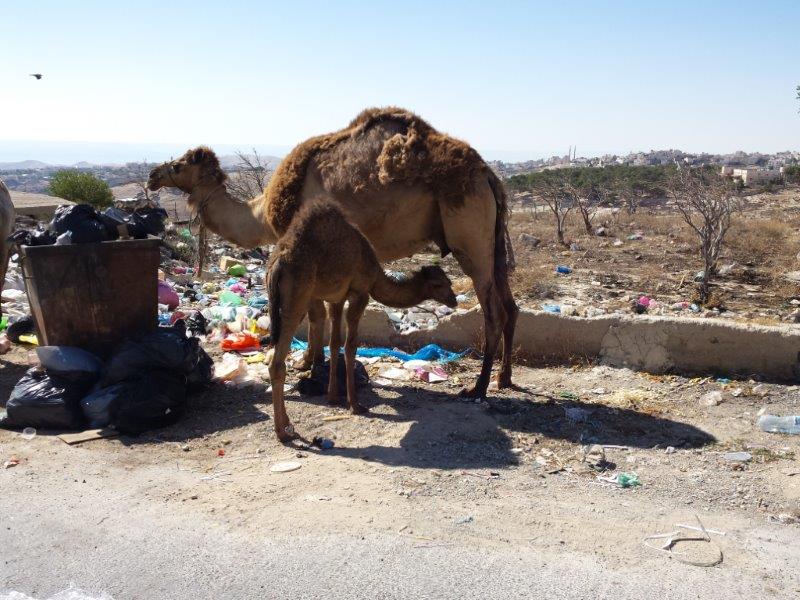
The sulha
The sulha is a conflict resolution process between the respective families of a victim and a perpetrator, based on cooperation, negotiation and compromise (Lang, 2002). Sulha is the traditional Middle-Eastern, inter- and intra-communal, dispute management-resolution process. The root of the name comes from “sulh” – Peacemaking in Arabic. The process predates Islam by about 400 years, and is practiced today, with variations, across the Middle East, in Lebanon, Syria, Jordan, Israel, Occupied Territories, the Arabian Peninsula, and in many other Muslim countries (Sulha Research Center, 2009). The sheikh who conducts the sulha needs to be from a family of standing, with a reputation as wise and respected, and someone who “has a say”. At the sulha, each family has a representative (from the family or someone else) who speaks for the family. At the end of the sulha, an agreement is written (Bashar Abu Sahra, personal communication, May 27, 2011). Central in the sulha process is the concept of “honor” (Pely, 2010). In the formal process of the sulha only men participate, but women often have substantial informal influence behind the scene (Pely, 2011). The Palestinian sulha system is similar to the system in other countries in the region, but in the wake of the transformations in Palestinian reality, it developed some peculiarities (Fares et al., 2006). The sulha is a legal system, and sulha agreements are taken into account – at least to some extent – in situations in which a case reaches an Israeli court (Tsafrir, 2006). It was suggested that we may learn from the system of sulha to settle agreements not only in family conflict but also in other fields, including international negotiations (Gellman & Vuinovich, 2008)






